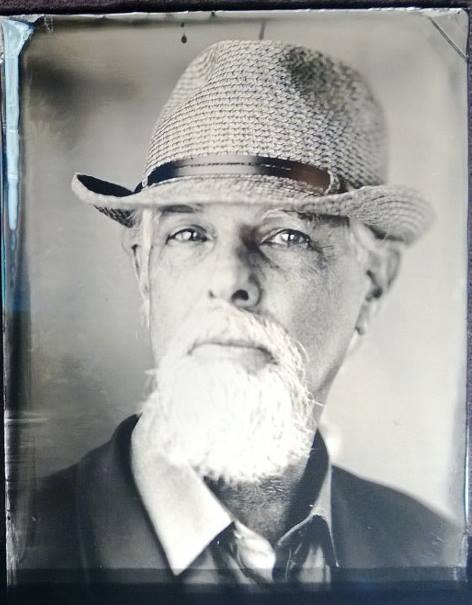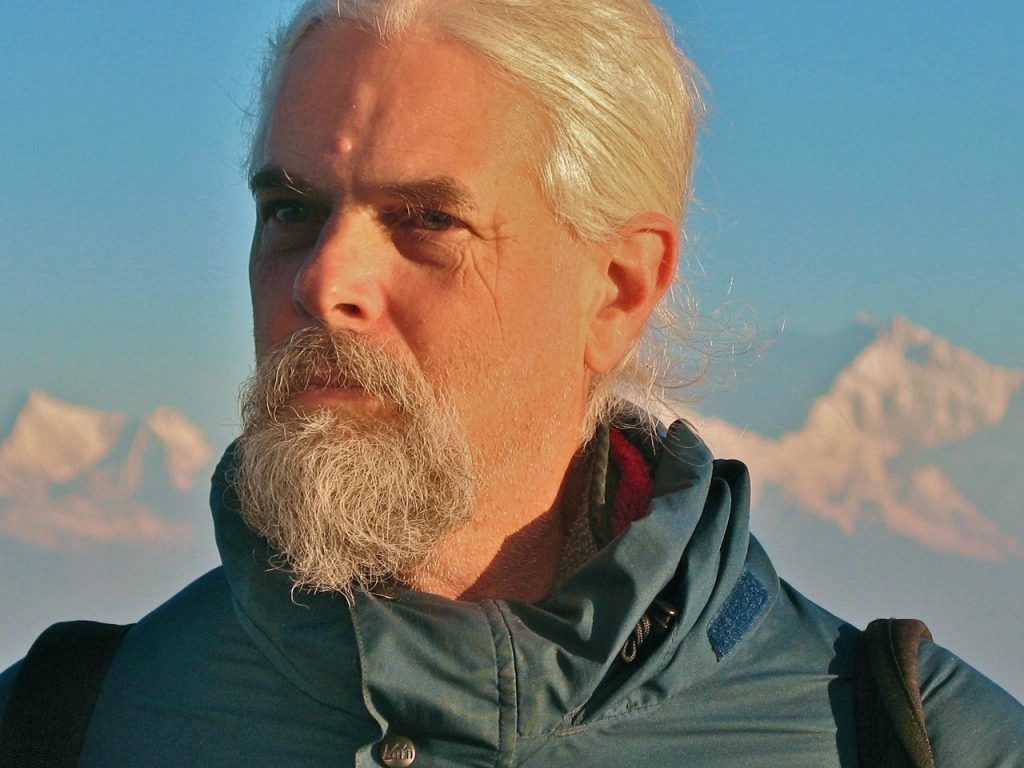Steven D. Goodman, a noted author, professor, and translator of Tibetan Buddhist works, died at his home in Oakland, California on August 3rd. He was 75, and had been treated for a rare blood disorder for some time.
For the past two decades he taught at the California Institute of Integral Studies in San Francisco, and at the time of his death was Research and Program Director of Asian and Comparative Studies there. His most recent book, The Buddhist Psychology of Awakening (Shambhala), was published on July 21.
He received his Ph.D. in Far Eastern Studies from the University of Saskatchewan, Canada, under the pioneering Buddhist scholar Herbert V. Guenther. He lectured and taught Buddhist philosophy and comparative religion at the University of California at Berkeley and Santa Barbara, Rice University, the Graduate Theological Union, Nyingma Institute, and Naropa Institute, and was the recipient of a Rockefeller Fellowship at Rice University Center for Cultural Studies. He was a founding board member and president of Buddhist Film Foundation.
He frequently served as a translator for leading Tibetan Buddhist teachers including Dzongsar Jamyang Khyentse, Tenzin Wangyal, Bhaka Tulku, Thinley Norbu, and Lama Tharchin. He was a founding member of the Working Committee for The 84000 Project: Translating The Words of The Buddha, and was an advisor to Khyentse Foundation. He co-edited Tibetan Buddhism: Reason and Revelation, a source book for the study of Tibetan philosophical and visionary literature (SUNY Press, 1992), and was the author of “Transforming the Causes of Suffering” in Mindfulness in Meaningful Work (Parallax Press, 1994).
Dzongsar Jamyang Khyentse, founder of Khyentse Foundation, said in a statement, “Steven had all the requisite academic knowledge and achievements, and he was also one of those very, very rare scholars who looked at Buddhism directly for what it truly is. And so he dared to go beyond both the subjective and the objective. Steven Goodman’s passing is a major loss for Buddhism in America, and especially for the study of Tibetan Buddhism in the West.”

The son of noted physician and UCLA public health educator Raymond D. Goodman, and his wife Betty Jane Zoerheide, Steven grew up in Beverly Hills and attended Fairfax High School before getting his B.A. at UC Berkeley. He went on to graduate degrees at the University of Saskatchewan, living in Saskatoon, Canada for nearly eight years. He met his wife Joan Marie Wood there and they eventually settled in Oakland, California in 1983.
Steven was known among his students and colleagues for his verbal brilliance and subtle sense of humor. During his UC Berkeley years he was a regular member of a little affinity group that called themselves R.A.G.E. (Radical Action Group from Eating). It was spawned in the spring of 1968 during Stop the Draft week. They would have dinner together nightly, after watching the CBS Evening News with Walter Cronkite.
He often conducted workshops on trauma, the “shadow,” and the trickster and creativity in relation to Tibetan Buddhism. He once said, “I was once at a teaching with Lama Tharchin Rinpoche, and after everyone was settled he said, ‘You know that we all have Buddhanature. And that means that at some point we’ll all become fully awakened.’ There was a big pause, and then he said, ‘Are you ready? Maybe in the middle of the talk tonight, you will become fully enlightened. Are you ready? It could be very inconvenient. What about all of the plans that you’ve made about where you’ll go after the teaching? You’re depending on not waking up, aren’t you? Maybe you shouldn’t have made so many plans.’”
In addition to his wife, he is survived by a son Matthew, a brother, Jeffrey, and three sisters–Deborah, Bonita, and Laura.
The late Rick Fields (author of How the Swans Came to the Lake) kept with him a handwritten note of something Steven once told him: “I’m doing the best I can… and so is everyone else.”
Thank you for subscribing to Tricycle! As a nonprofit, we depend on readers like you to keep Buddhist teachings and practices widely available.
